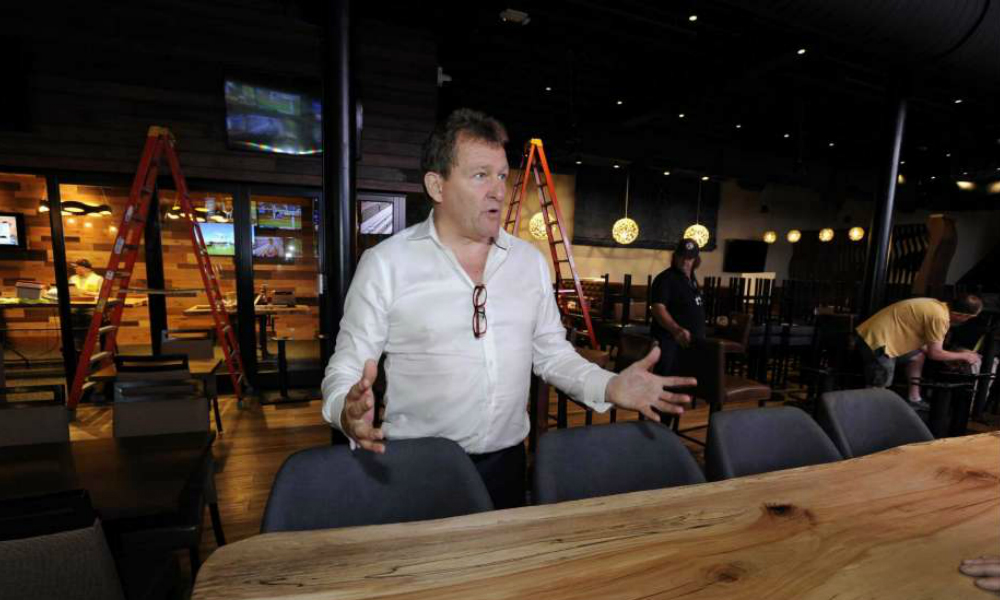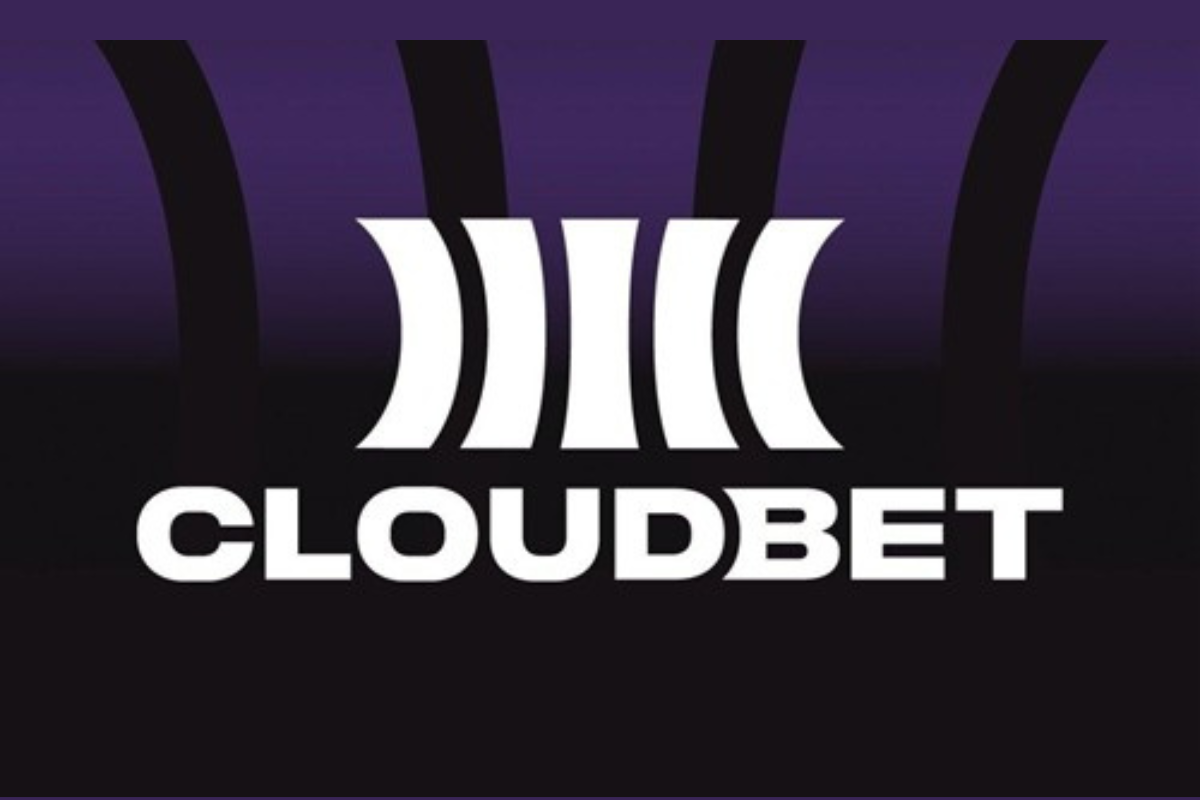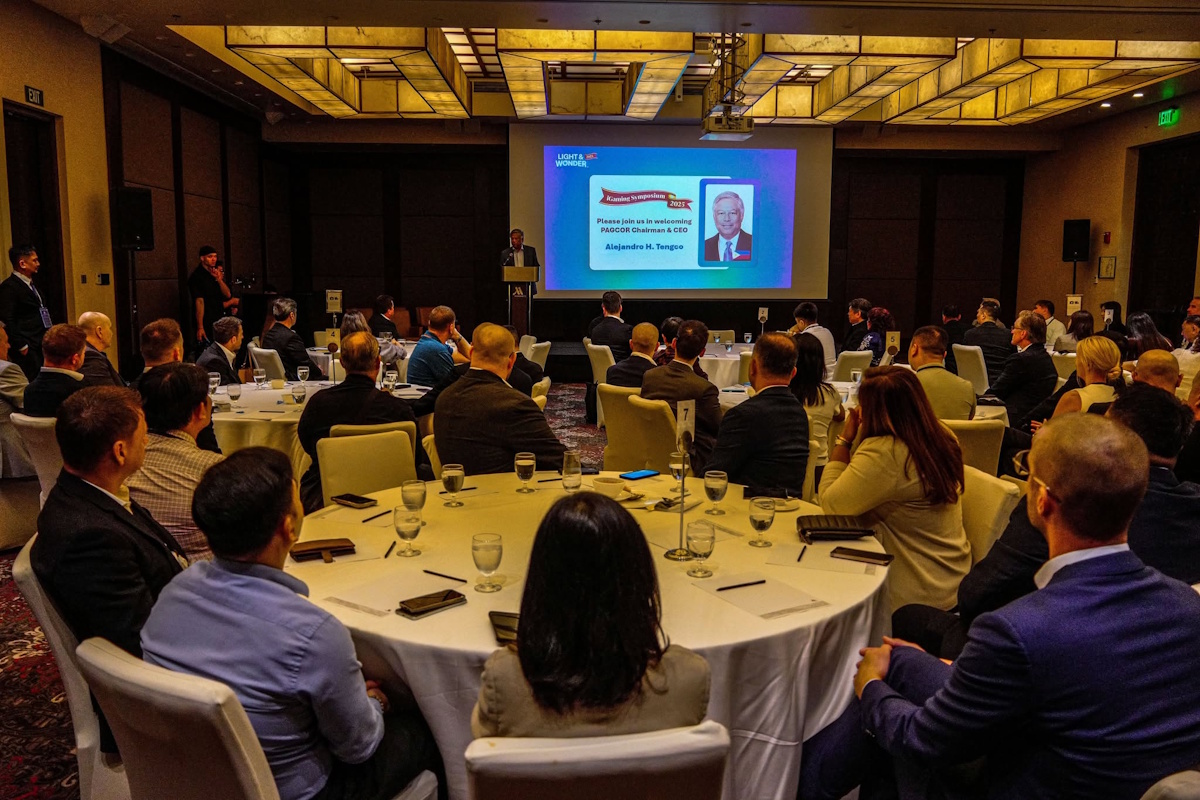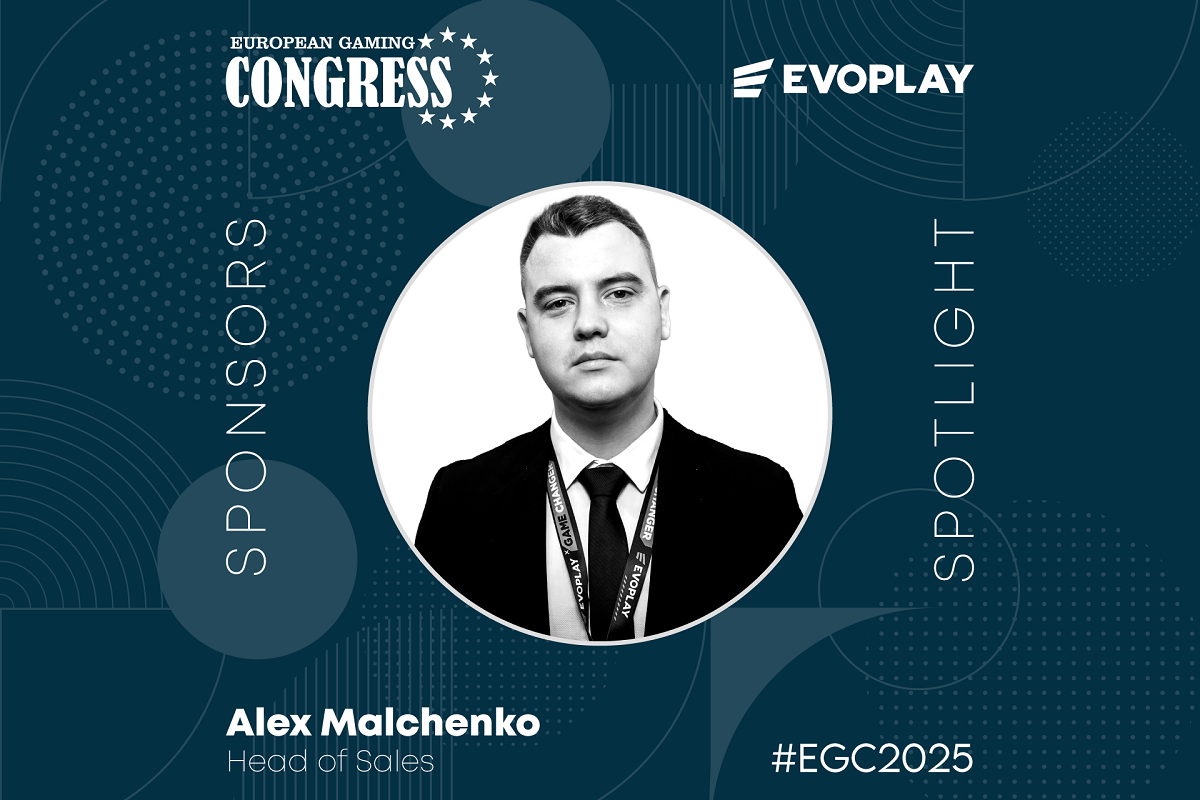Gambling in the USA
Dan Haar: Legalized sports gambling a strong bet as debate takes shape

If you think Connecticut already depends too heavily on gambling, between the two tribal casinos, the lottery, a robust off-track betting network and an approved casino plan in East Windsor, wager this: The state will embrace legalized (and lucrative) sports betting this year.
The topic will have an airing at a forum on casino expansion and sports gambling in mid-February organized by Rep. Joe Verrengia, D-West Hartford. He’s co-chairman of the committee that oversees gambling and favors expansion into sports.
Even with many open questions on how it might happen, even as the U.S. Supreme Court decides whether to let states take sports book action, top legislative Democrats favor the idea strongly. Deep budget shortfalls will do that.
The state’s take could reach $100 million to $300 million a year if Connecticut gets a jump on nearby states, and if it were to tap into the wildly popular NFL football fantasy leagues, said House Speaker Joe Aresimowicz, D-Berlin.
“I would like it to be one of the first bills voted out of committee and I would like for the General Assembly to act on it quickly after that,” Aresimowicz said Monday, 16 days before the start of the 2018 legislative session. “It’s another area where if we don’t act, I’m sure neighboring states and other areas will.”
Sen. Martin Looney, the state Senate president pro-tem, is also behind it.
“I believe that Connecticut should move very speedily ahead on sports betting if we are authorized to do so by the U.S. Supreme Court,” said Looney, D-New Haven. “We need additional sources of revenue.”
That court case could change the national picture. For now, only four states sanction legal sports betting — Nevada, mainly, and also Delaware, Oregon and Montana, in more limited ways. They all beat a federal ban in 1992.
New Jersey passed a law challenging the ban in 2012, over opposition by the NFL, NCAA and other opponents. That’s what the Supreme Court is set to decide by June, in a case the justices heard last month.
Legislators who support it say Connecticut would be wise to have a law ready by June. Others say that’s a fool’s rush.
“This is just lunacy. Just deal with the problems that you have and stop pretending that legalizing drugs and expanding gambling is the panacea,” said Sen. Len Fasano, R-North Haven, the Republican senate leader.
Fasano said he might support sports betting if it’s done carefully, not rushed. He cited numerous hurdles that would take at least three years to clear.
Supporters, too, ask the same questions, though they see a faster result.
Would the Mashantucket Pequot and Mohegan tribes, which own the casinos, run the sports action? If not, would their compact giving the state 25 percent of slot revenue in exchange for exclusive casino rights be in jeopardy?
What if the Supreme Court finds some aspects legal and others not? Would Connecticut offer betting online? Who, exactly, would take the bets and how would the rules work?
In fact, the General Assembly last year asked the state Department of Consumer Protection — which regulates gaming — to draft rules for sports betting. That was part of the approval for the East Windsor commercial casino.
The department now wants details on how to make it work, Aresimowicz said.
One option would be to bring in the tribes to run sports betting. Another would be to turn to the 16 off-track betting locations (soon to be 17 with a Danbury opening) run by Sportech, a British firm with its U.S. base in New Haven.
“We absolutely think that we’re in a good position to be involved in that,” said Ted Taylor, president of Sportech Venues, whose Stamford and Windsor Locks locations are co-branded with Bobby Valentine’s Bobby V’s restaurant and sports bar.
Taylor’s point: Gambling growth is online, largely illegally, and the way to grow sports betting legally is with bricks-and-mortar locations.
The bid for a casino in Bridgeport, by MGM and perhaps the tribes, is bound to complicate any debate on sports betting and lobbying heats up in that battle.
Another issue: Would gambling include college games?
Opponents say gambling, which accounts for more than $600 million in state revenue, is already too pervasive and leads to addiction problems.
“This is another slippery slope that we’re undertaking,” said Sen. Tony Hwang, R-Fairfield. “But this is far more insidious. … When gambling gets into the game it affects the integrity of the athletic action… turning what is a passionate athletic endeavor into a possibility of a financial gain one way or another.”
Verrengia said he wants to hear from opponents as well as supporters at the forum, not yet scheduled. But sports gambling is already so widespread — $155 billion a year wagered, he said — that the state could do well to tap into existing markets.
“Sports betting is very big in Connecticut right now,” Verrengia said. “I think it should be regulated and taxed.”
That’s the view of NBA Commissioner Adam Silver, who came out in favor of regulated gambling on NBA games three years ago, citing its undergound prevalence. Other sports networks and the NCAA still oppose it.
Verrengia said Connecticut’s sports networks — ESPN and NBC Sports — could benefit from the higher viewership that comes from legalized gambling on games. The networks are fighting declining cable revenues among younger viewers.
The forces of opportunity combined with need are lining up for Connecticut to lead the way in this. If and when it happens, it’s likely the state will impose strict controls.
Aresimowicz, head coach of the Berlin High School football team, said, “I don’t want anybody gambling on my high school games.”
Source: ctpost.com
-

 Asia3 days ago
Asia3 days agoDigital gaming disruption tackled in 1st AsPac Regulators’ Forum
-

 Latest News6 days ago
Latest News6 days agoCloudbet maps regional betting trends in August–September 2025
-

 Latest News6 days ago
Latest News6 days agoHigh Roller Launches New Online Casino Brand in Finland
-

 Latest News6 days ago
Latest News6 days agoNetBet Denmark expands its casino library by adding SYNOT Games as a provider
-

 Central Europe6 days ago
Central Europe6 days agoPromatic Games and SYNOT Interactive Announce Strategic Partnership to Strengthen iGaming Expansion in Central and Eastern Europe
-

 Asia5 days ago
Asia5 days agoPAGCOR chief pushes for stricter regulation, not online gaming ban
-

 Conferences in Europe6 days ago
Conferences in Europe6 days agoStrategies that Scale: Evoplay’s Alex Malchenko on Cracking the Code of Localised iGaming Success
-

 Conferences in Europe6 days ago
Conferences in Europe6 days agoNew Gamification Academy at SBC Summit to Present Fresh Approaches to Player Engagement















